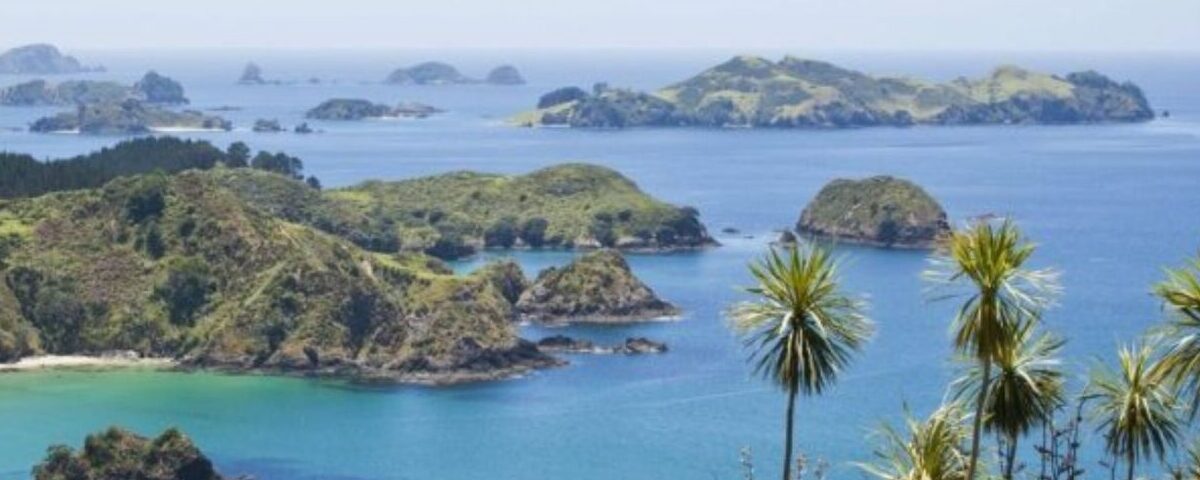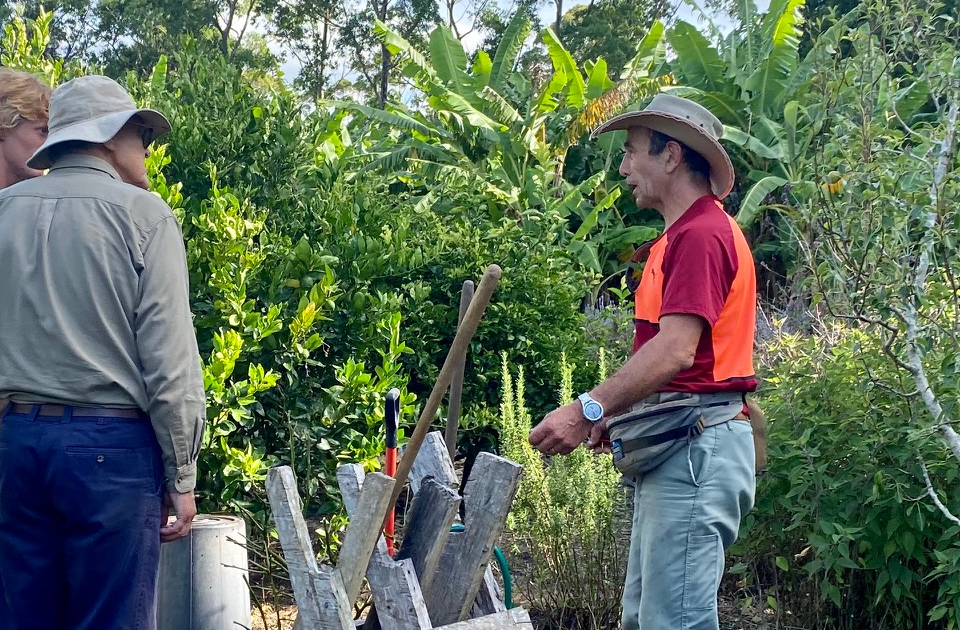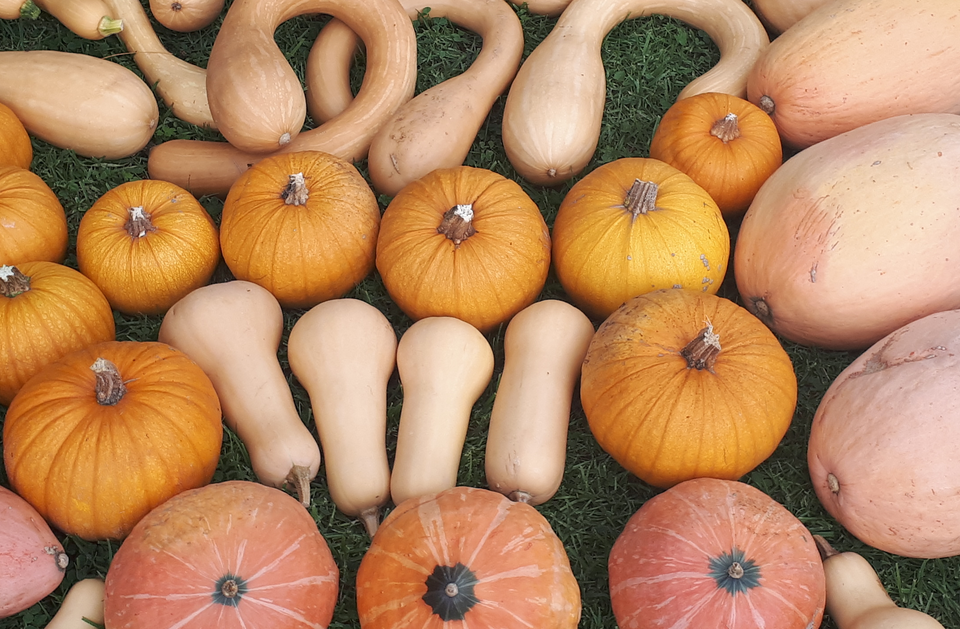Post Covid; What will the world be like?
This enforced lock-down has had a huge impact on almost everyone; if it hasn’t caused major behavioural problems and stresses from being cooped up with people you don’t get on well with, and with children going stir-crazy from a lack of stimulus to keep them occupied, you have been one of the fortunate ones. You may have been one who has relished the additional time on your hands. Time to get all those tasks done that have been mounting up; time to get that garden established, time to build a chook pen. Or it could be time to spend with the children exploring the natural world that you are always too busy to do, and time to really spend time with loved ones you are fortunate enough to be in lock down with. Wherever you sit on the very wide spectrum, there has been some impact.
The big question that seems to be on everyone’s lips, is “What is the world going to be like when we come out of this, how will it have changed our lives?” This has been forefront of my mind for the past week. We could be facing a variety of possibilities and it would be good to ponder upon what is it that we really want.
Will our governments decide that the way to control outbreaks of both Covid-19 and others that will follow, is to increase regulation. To put in controls on how we move about, how we live, how we work, how we function, how we deal with our personal health?. This would only require a ramping-up of the current situation where we have seen increasing control in the form of OSH regulations, food safety regulations etc.
Or will it be back to business-as-normal?. We have already heard the calls urging the government to get back to “normal” as quickly as possible. Normal in the sense of getting back to the business of earning money to pay more taxes to pay out to more people who will be relegated to the unemployment queue that this has created. Normal in the sense of being able to travel about wherever one wants in order to support the tourism industry. Normal in the sense of being able to go to the supermarket or to the big box stores.
Perhaps it is time to question where we want life to lead us, and just maybe it is to create a more beautiful world?. To create a world that values people, experiences, our communities, and our environment ahead of material accumulation and pots of money.
What is it about each of these scenarios that make them the most likely one we will face?
A More Regulated World
In many ways governments will find that the easiest solution is to implement more regulation to control how we move about, how we live, how we work, how we function, how we deal with our personal health, after all, this could be only the first of such pandemics we will face. To the powers-that-be the most logical approach will be to look to China’s ‘wonderful’ example of how, even though this is where the virus started, managed to stamp on it quickly with the result of less deaths than some other countries – or so they say. They will note how regulation that pervades the society of the Chinese has become its saviour and in some form emulate their system.
It won’t be difficult – this would only require a continuation of the situation of the past decade. The increasing of controls in the form of many more regulations, the way subsidies and financial support works, and a myriad of other nebulous examples. More regulation, more controls on people, more stripping away of our freedoms; all in the guise of keeping us safe.
This scenario is a very real possibility. It could mean that under the guise of ‘looking after our people’ only the corporates that produce food survive; the smaller organic grower producing the safest, most nutritious and wide range of produce simply not able to afford the large compliance costs. It could mean that only the government approved health system will survive; gone will be the smaller alternative natural based systems because they don’t have the ability to abide by the wide-ranging regulatory measures. It could mean many small, local businesses don’t survive, and a large number of people end up on the scrap heap of society.
Over successive years we are already travelled well down this track. In recent days Grant Robertson has been open about the government being in talks with big business throughout this time of crisis, but I have seen no evidence of talks with grass-roots organisations looking at localism.
Business As Usual.
For many, getting back to ‘normal’ is the safest place to be. It requires little change; it causes less disruption for those whom life has been chugging along okay, as long as they don’t look at the wider world. As long as they don’t see the huge environmental costs of business-as-normal. As long as they don’t recognise the huge issue of being in a constantly growing overdraft state in terms of how much of the world’s resources we are using up each year. As long as they don’t see the degrading of the environment, the pollution of our seas and our skies, the overflowing landfills, business-as-normal seems like an okay place to be. They just need to get back to normal and keep up the big spends so we keep the economy going and GDP up.
We should recognise that it was under a business-as-normal system that this situation occurred in the first place. It was no ‘man from mars’ who arrived bringing this, it was people and countries practicing ‘business as normal’ with the same aims of trying to make a living or a dollar, that created the conditions. It was ‘business as normal’ travelling around the world that spread the virus. And it is business as normal that has made us so vulnerable to the effects of the pandemic.
A More Beautiful World.
Like Charles Eisentein, many people have been espousing the values of creating a more beautiful world. Large international grass-roots organisations like Local Futures with their network of like-minded people all around the world have been working on this for many years. Locally, our own organisation the Far North Resilient Communities Charitable Trust, was established in 2015 for exactly this purpose.
These organisations are not alone in maintaining that it is possible to get off the treadmill of work-work-work, and spend-spend-spend. To earn more money in order to accumulate more useless crap only to send it to ever-growing landfills whilst pretending to recycle. To earn more money to pay the growing grocery bill to feed your family. To earn more money to pay for childcare because you are too busy to look after your children, or to pay for elder-care because you don’t have the time to visit your elderly.
A more beautiful world is one that appreciates the small local grower providing healthy pesticide-free foods. It appreciates the local craftspeople who make special items that last far longer than the cheap plastic crap we buy. It appreciates a juicy peach in season because we have not eaten tasteless imported peaches right through the off-season. It appreciates a calming walk in the forest and a paddle in clean rivers. It appreciates those things that makes life worthwhile.
What will the future look like?
This lockdown has put a halt to the work-work-work lifestyle and given us a chance to question ourselves, “are we on the right track here?”. For many that answer is NO; but how will we act?
We could just look back on this period, view it as a ‘minor blip’, and thank our stars that we got through it. We could say ‘well that was interesting, parts of it I enjoyed, but now I must get on and pay the bills that have accumulated’. We could slip back onto the faster and faster treadmill, a slave to supporting the mighty measure of GDP, a quest to continually find more and more things to monetise and drag onto the treadmill. If we do this, we will slip back into ‘business-as-normal’, back onto that faster and faster treadmill.
We could just accept that the government knows best how to look after us, accept increasing regulation, and slip back into the mutterings behind our teacups, behind our beers, across the fence, decrying the way society has become. This is the way our governments would want us to react, it creates less of a problem, needs less critical thought (my god don’t they have enough to consider already!) and means less of a shakeup of society. If we do this, we will face increasing regulation, more control and far less freedom.
Or we could decide that we do know that a more beautiful world is possible, and what’s more, now we have had a taste of it, we have no wish to lose it.
If we want this more beautiful world, then we MUST act. We must all work together; make sure we purchase locally, support the small local growers, embrace the diversity of our communities and make sure we join in, look at better models for housing, learn new skills like gardening and keeping chickens, stop to chat to our neighbours, and make sure we look after our planet, the only one we have.



